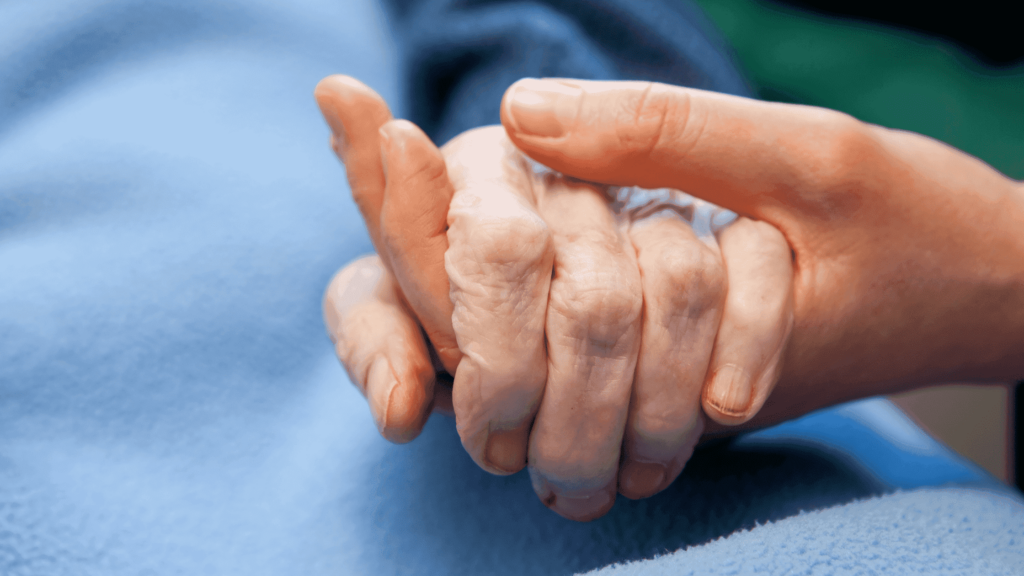Pain Medications at the End of Life: Clearing Up Concerns for Hospice Caregivers

Caring for a loved one on hospice care can be a challenging and emotional experience. One of the biggest concerns for families is often pain management. Here’s what you need to know about pain medications at the end of life, dispelling common misconceptions and empowering you to make informed decisions for your loved one.
What is hospice, and what role do pain medications play?
Hospice care focuses on comfort and quality of life for people in the final stages of a serious illness. It’s NOT about hastening death, but about ensuring dignity and alleviating suffering. Pain medications play a crucial role in achieving this goal.
Common questions families have:
- Will pain medications shorten my loved one’s life?
- No, this is a common misconception. Pain medications are carefully chosen and dosed to manage pain without affecting lifespan.
- Will my loved one become addicted?
- Addiction is much less likely at the end of life when pain management is the primary goal. Doctors closely monitor medication and adjust as needed.
- Will the medications make them sleepy or unconscious?
- The goal is to find the right balance between pain relief and alertness. Drowsiness can be a side effect, but adjustments can be made to minimize it.
Common misconceptions to clear up:
- Pain medications are only for severe pain: Even mild pain can be distressing, and managing it early improves comfort and quality of life.
- Stronger pain medications are “bad”: The type of medication chosen is based on individual needs and pain severity. “Stronger” doesn’t always mean worse, and what matters most is effective pain control.
- Talking about pain medications means giving up hope: Addressing pain is not giving up; it’s about prioritizing comfort and respecting your loved one’s wishes.
Remember:
- Open communication is key: Talk to your loved one’s doctor and hospice team about their pain, concerns, and preferences.
- Every person is unique: What works for one person might now work for another. Individualized care is crucial.
- Don’t be afraid to ask questions: The more you understand, the better equipped you are to advocate for your loved one’s well-being.
Additional resources:
- National Hospice and Palliative Care Organization: https://www.nhpco.org/
- American Cancer Society: https://www.cancer.org/cancer/end-of-life-care/hospice-care.html
- National Institute on Aging: https://www.nia.nih.gov/health/hospice-and-palliative-care
By understanding the role of pain medications in hospice care and addressing common concerns, you can make informed decisions and ensure your loved one receives the comfort and support they deserve during this sensitive time.



